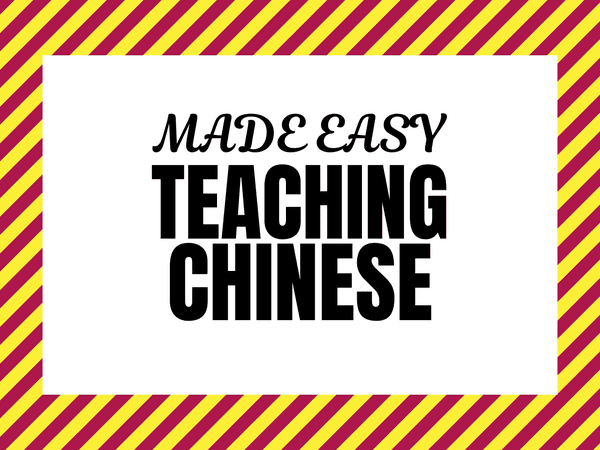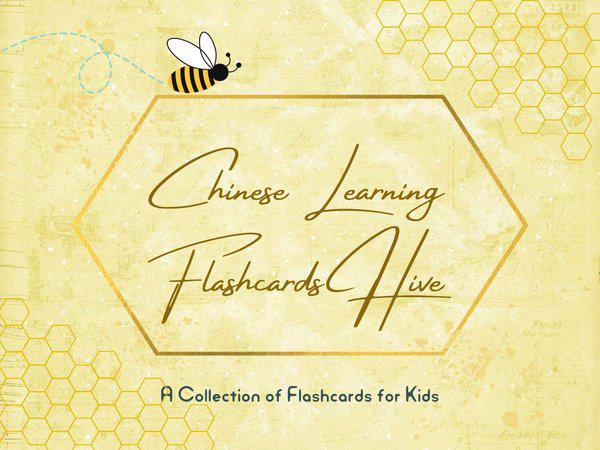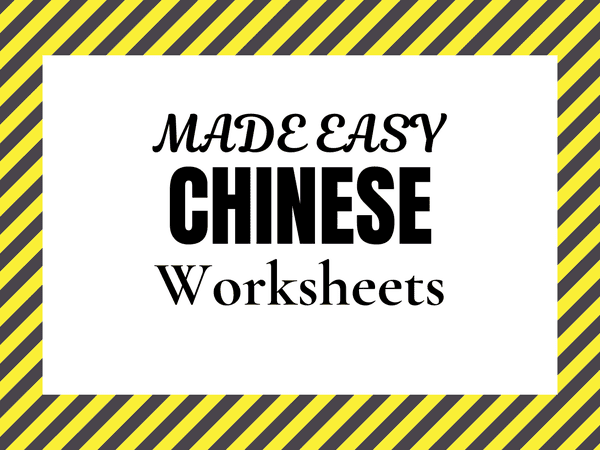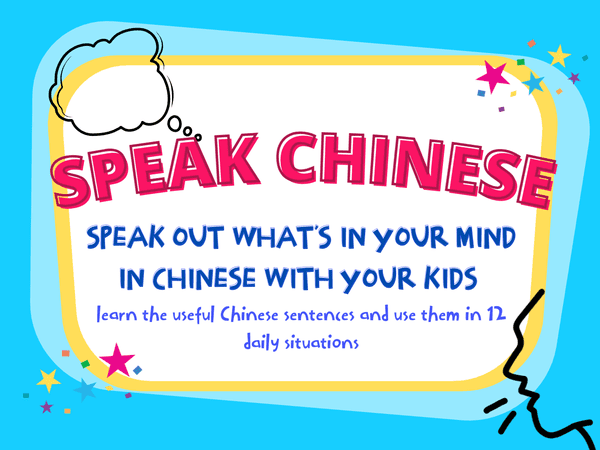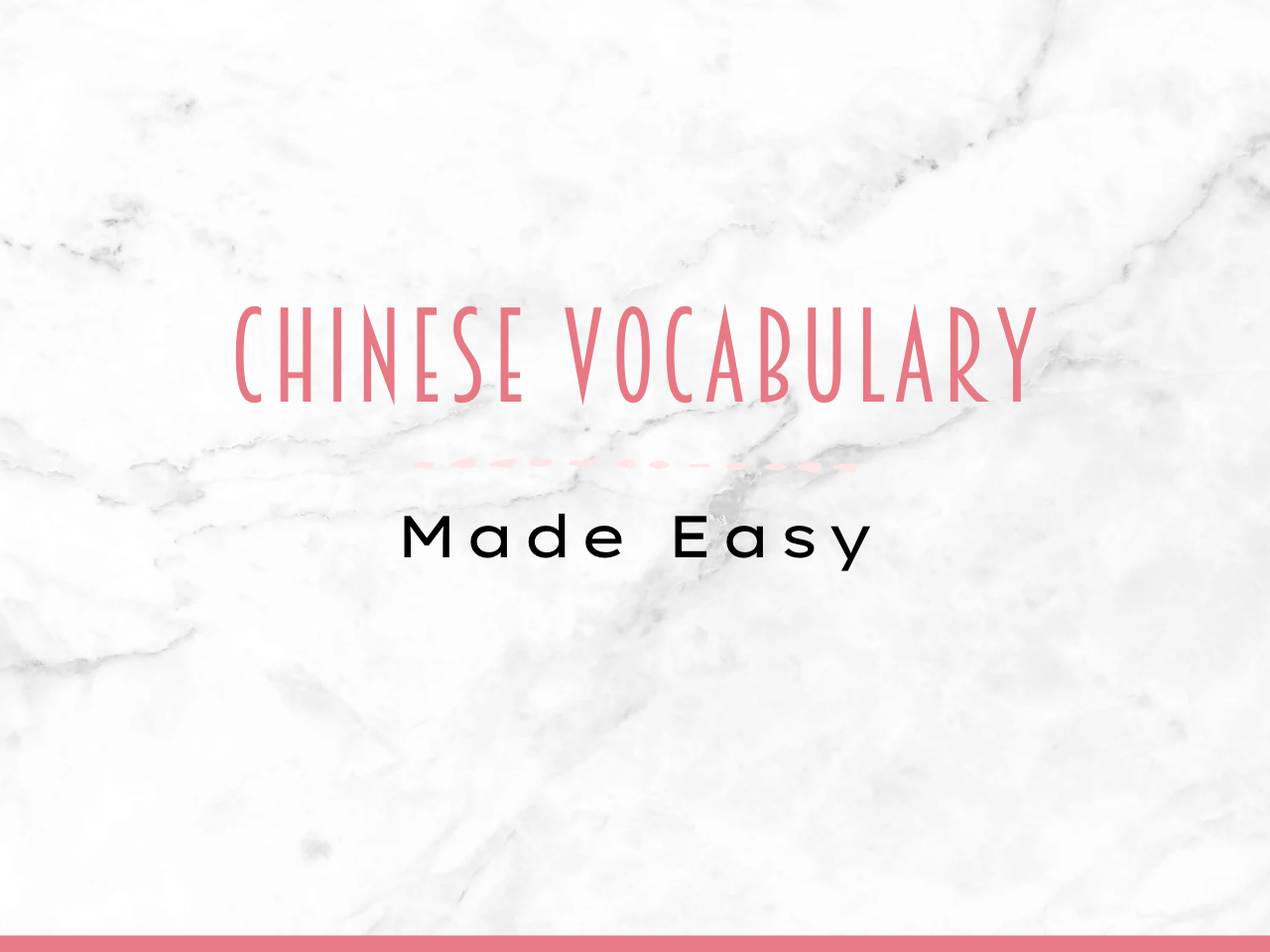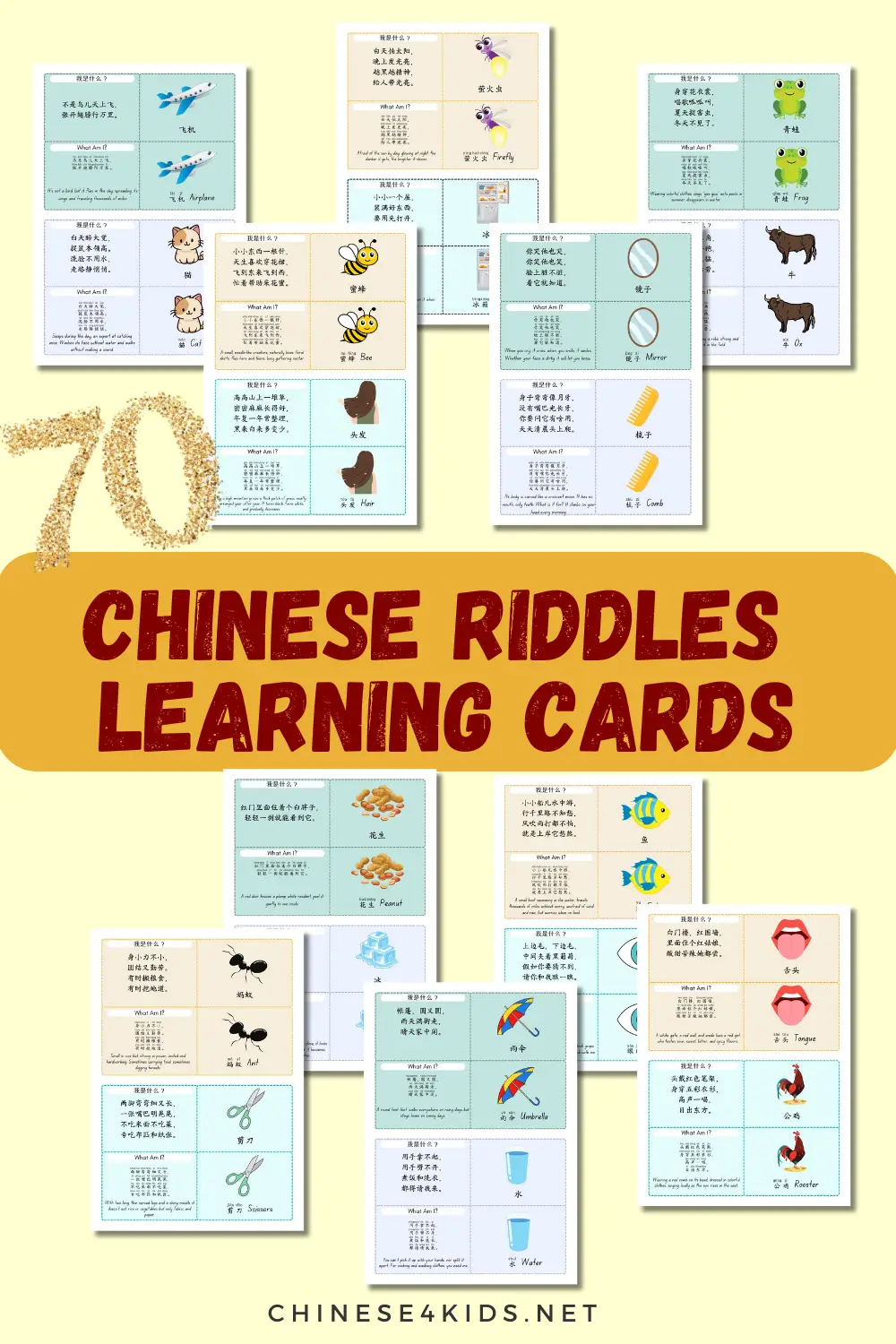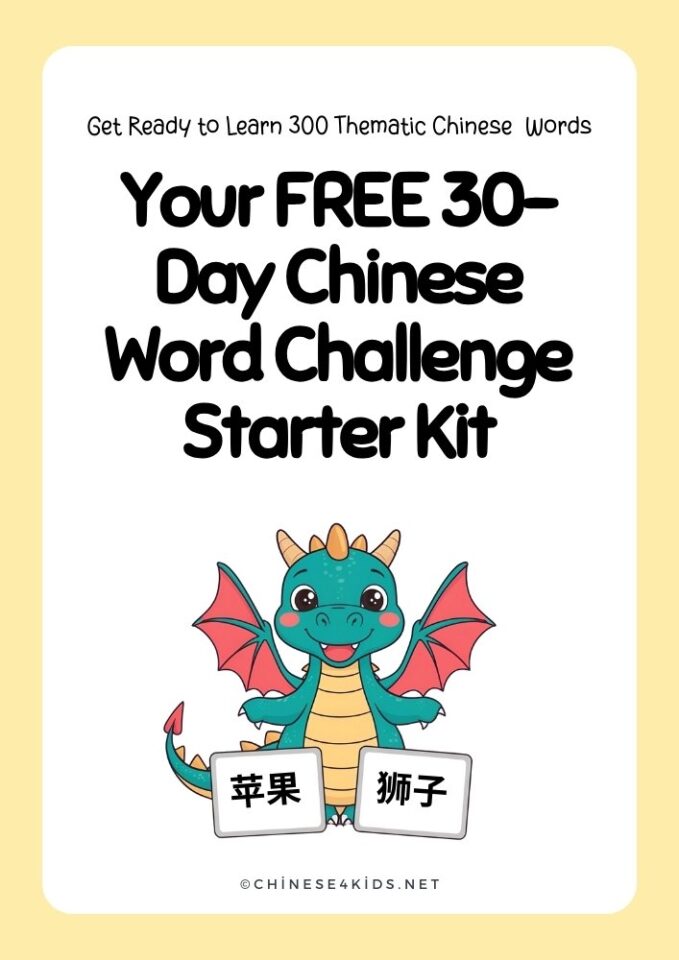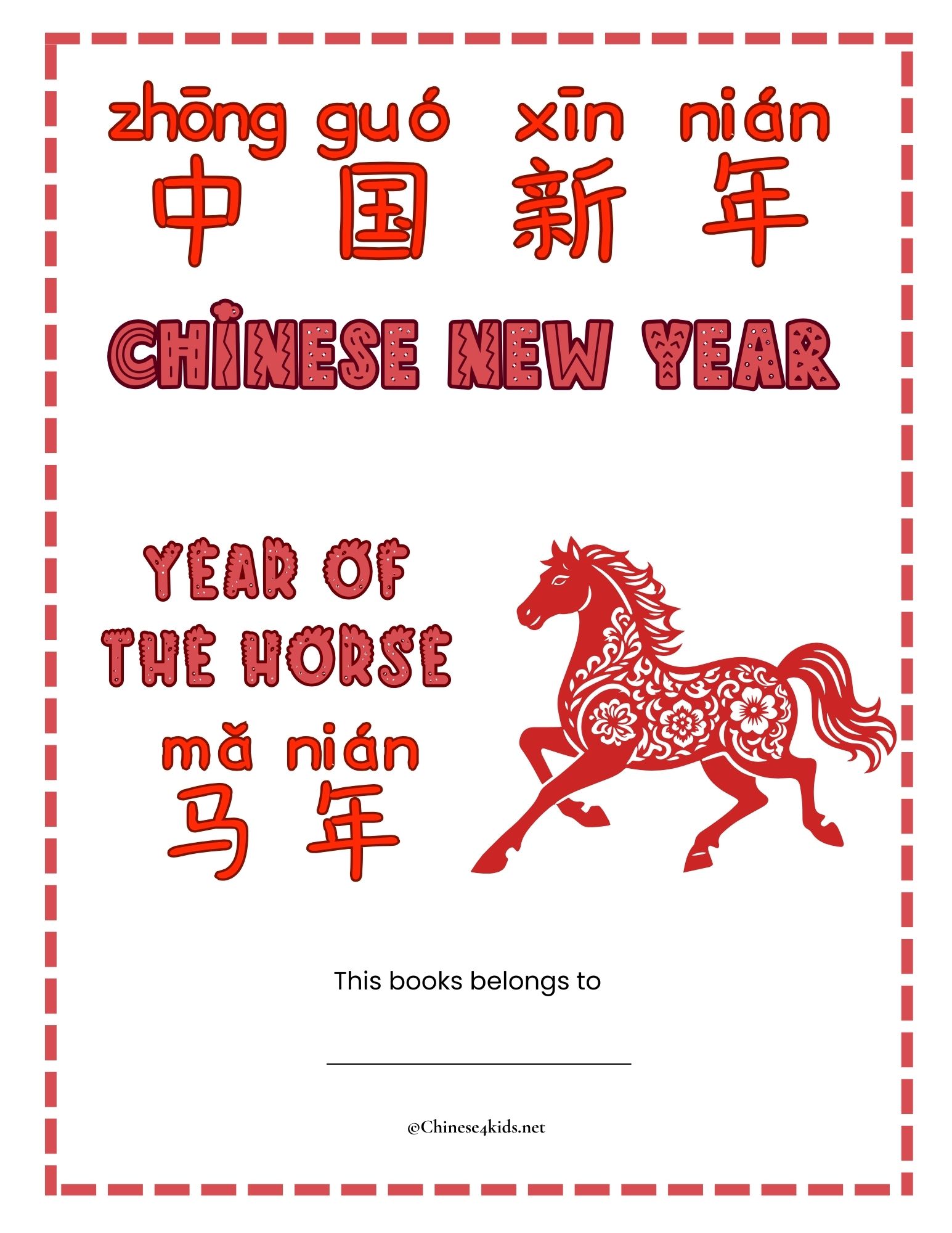
Home » Basic Chinese Vocabulary » Use Chunking to Increase Chinese Vocabulary Efficiently and Effectively
Use Chunking to Increase Chinese Vocabulary Efficiently and Effectively

Like all the other languages, Chinese language can be broken down to units. The smallest uint in Chinese is characters. Characters form Chinese words or phrases. Combinations of Chinese words and/or phrases make sentences. From there we can compose paragraphs and articles.
So the logical solution to learn Chinese is to learn Chinese characters, the smallest units of the Chinese language. However, like many Chinese learners, you might find your brain is muddled up with the long lits of characters you’ve learnt but unable to find and use the proper words in conversation?
The fact is that learning Chinese vocabulary is NOT as simple as learning loads of Chinese characters.
[Tweet “The fact is that learning Chinese vocabulary is NOT as simple as learning loads of Chinese characters.”]
Research has found that our working memory (short-term memory) can only hold a limited number of “items”or “chunks”of information. Recent studies show that short-term memory has the capacity of about 4 chunks of information. Isolated characters are difficult to memorize, and even difficult to be retrieved when needed.
What is Chunking
“Chunking is a term referring to the process of taking individual pieces of information (chunks) and grouping them into larger units. By grouping each piece into a large whole, you can improve the amount of information you can remember.” (https://www.verywellmind.com/chunking-how-can-this-technique-improve-your-memory-2794969)
According to neuroscientist Daniel Bor, chunking empowers us to “hack” the limits of our memory. It allows people to combine smaller bits of information into more meaningful and therefore more memorable larger pieces.
How to Use Chunking in Chinese Vocabulary Learning
We learn Chinese characters, one by one. This step cannot be skipped. However, instead of simply learning Chinese characters as individual units, we can combine the characters to form groups of words or phrases and learn them as one unit. We just need to get into the practice of combining characters into words and phrases, that is, using chunking to learn Chinese vocabulary.
1. Get the Characters
The first thing we need to do for chunking is to list all the characters you want to learn. So, grab a piece of paper and write them down.
2. Find Words/Phrases for the Characters
Each Chinese character has its own meaning, but it can change when the it is combined with other characters. Try to find at least one word or phrase for each character.
You may wonder where to find words and phrases, there are actually quite some resources you can find these, for example, dictionaries, phrase books and other learning materials.
3. Learn the Words by Heart
If you have recordings of the characters and words/phrases, listen to them repeatedly until you can say them properly.
You can also make flash cards with these words. Put the chunks of words on the cards and try to memorize and play with them.
Once you believe you know the words pretty well, you can give yourself a self test. You can write down the words from your memory and then check them with the list you’ve already created.
4. Mix it up and Expand
Once you have a collection of Chinese words and phrases, try to mix them up to form different chunks. For example, 楼上 ānd 上楼, these two words are composed of the same two characters, but have totally different meanings: 楼上means upstairs and 上楼 means “go upstairs”.
To expand and come up with new chunks, you can use some techniques as below:
– Look for connections: look for ways to relate words to each other in meaningful ways. You may group words together because they are each with 2 characters, because they start with the same character or end with the same character, or because they fall in a same category.
– Associate: when we link groups of words to things you are familiar with can help make them more memorable. You might be more likely to remember the words 太阳,大海,沙滩,小船etc if you associate them with your recent vacation on the beach.
5. Make Sentences with these Chunks
Using the chunks of words/phrases in sentences makes it more interesting. And this gives you practice of using and re-using the same chunks in different phrases and sentences. You can imagine different scenario and make sentences with the words you’ve come up with. Read these sentences loud and memorize them better.
Chinese Vocabulary Made Easy program – This is a comprehensive program that guides students step-by-step to build up a solid foundation of Chinese vocabulary – 300 Chinese characters and 1000 Chinese words|phrases – within 12 weeks.
If you like this post, PIN IT!

You May Also Be Interested:
- Chinese4kids Membership – a portal for busy Chinese teachers and parents
- Chinese learning flashcards Hive – a flashcards library that with regular additions of new quality Chinese learning flashcards
- Chinese learning worksheets collection – Also a part of Chinese4kids membership, this collection is for teachers and parents who want to have access to engaging worksheets and activity sheets created for kids learning Mandarin Chinese as an additional language
- Speak Chinese with Kids Course
You May Also Be Interested:
- Chinese4kids Membership – a portal for busy Chinese teachers and parents
- Chinese learning flashcards Hive – a flashcards library that with regular additions of new quality Chinese learning flashcards
- Chinese learning worksheets collection – Also a part of Chinese4kids membership, this collection is for teachers and parents who want to have access to engaging worksheets and activity sheets created for kids learning Mandarin Chinese as an additional language
- Speak Chinese with Kids Course
- Chinese Vocabulary Made Easy Course
Recent Posts
Join Our Membership
Enroll to A Course
Buy An eBOOK
Our Posts



